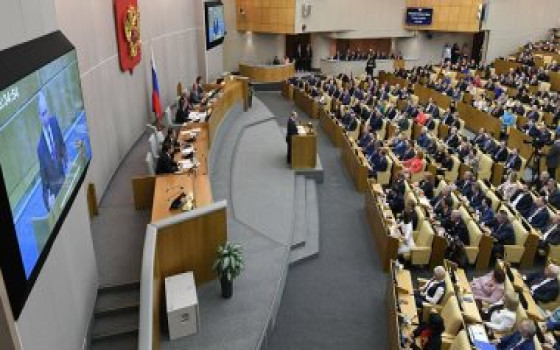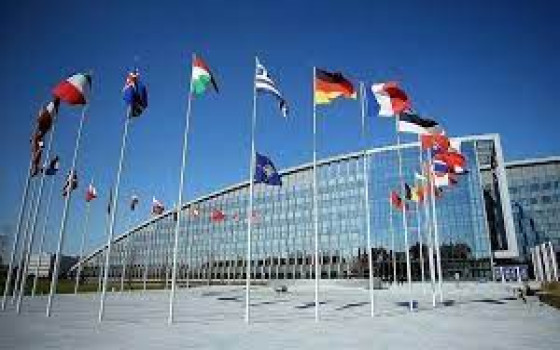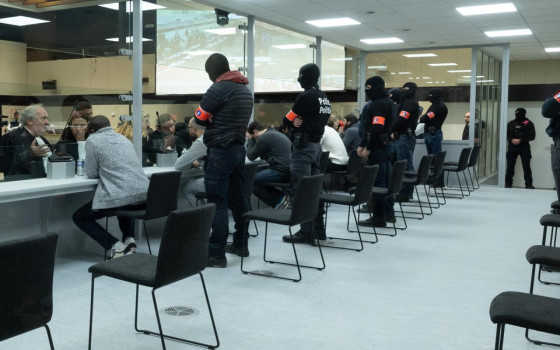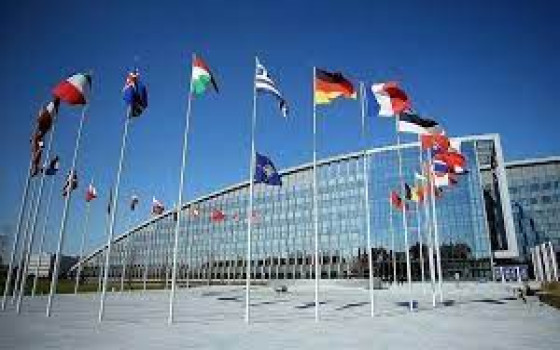
The humanitarian crisis is worsening in Sudan, with more than half the population suffering from severe hunger. Calls are renewed to stop the fighting.

- Europe and Arabs
- Thursday , 15 May 2025 10:37 AM GMT
Khartoum - New York: Europe and the Arabs
The United Nations warned that the situation in Sudan remains dire and deeply concerning, with humanitarian needs continuing to increase amid ongoing conflict and displacement across multiple parts of the country.
UN Spokesperson Stéphane Dujarric reiterated his call on all parties to immediately cease hostilities and fulfill their obligations under international humanitarian law to protect civilians and civilian infrastructure and ensure safe, sustained, and unhindered humanitarian access to people in need.
He also urged the international community to intensify support for the humanitarian response in Sudan to prevent further loss of life and a worsening of the disaster. According to the UN Daily News Bulletin, a copy of which we received Thursday morning,
Displacement for a Second Time
The International Organization for Migration reported that more than 36,000 people have been displaced from the Khoi and Nahud communities in West Kordofan due to escalating insecurity. Many of them had already been displaced and are now forced to flee for a second time, seeking shelter in other locations in West and North Kordofan. In North Darfur, the International Organization for Migration also reports that more than 2,000 people have been newly displaced from Abu Shouk camp and parts of El Fasher due to the ongoing security situation. Most remain inside El Fasher, while others have fled to the Tawila area.
Stéphane Dujarric said in his daily press briefing that the UN and its partners have expanded support for the new arrivals, noting that these moves follow the displacement of nearly 400,000 people from Zamzam camp last month.
Significant Rise in Food Prices
Humanitarian workers have warned that food insecurity also remains a serious concern, with prices of staple foods rising alarmingly. Prices of sorghum and millet—the staple foods for most people in central and eastern parts of Sudan—have quadrupled compared to pre-conflict levels. The UN spokesperson noted that more than half of Sudan's population—24.6 million people—is suffering from acute hunger, with nearly 638,000 people facing actual famine, according to the Integrated Food Security Phase Classification (IPC) report released late last year and covering the period through May. The UN Office for the Coordination of Humanitarian Affairs (OCHA) said that without urgent assistance and unrestricted access to those in need, wherever they are, the situation will worsen during the upcoming lean season, which runs from June to September.












No Comments Found